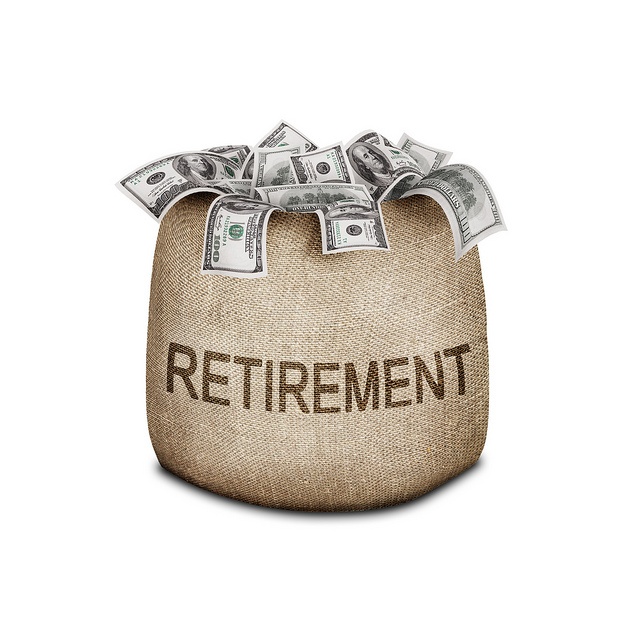Defined-benefit pensions are becoming rare in the private sector, and many public-sector new hires are increasingly being enrolled in 401(k)s instead of traditional pensions.
Combine that with the fact that many lower-paid workers don’t have access to retirement plans at all, and these trends paint a grim picture: seventy million baby boomers are nearing retirement, and many of them aren’t financially ready.
In fact, recent data show that although high-income workers are saving for retirement at higher rates than ever, low-income workers are saving less—if they’re saving at all.
From the Associated Press:
Because retirement savings are ever more closely tied to income, the widening gulf between the rich and those with less promises to continue — and perhaps worsen — after workers reach retirement age. That is likely to put pressure on government services and lead even more Americans to work well into what is supposed to be their golden years.
Incomes for the highest-earning 1 percent of Americans soared 31 percent from 2009 through 2012, after adjusting for inflation, according to data compiled by Emmanuel Saez, an economist at University of California, Berkeley. For everyone else, it inched up an average of 0.4 percent.
Researchers at the liberal Economic Policy Institute say households in the top fifth of income saw median retirement savings increase from $45,539 in 1989 to $160,000 in 2010 in inflation-adjusted dollars. For households in the bottom fifth, median retirement savings were down from $8,433 in 1989 to $8,000 in 2010, adjusted for inflation. The calculations did not include households without retirement savings.
Employment Benefit Research Institute research director Jack VanDerhei found that in households where annual income is less than $25,000, nine in 10 saved less than $10,000, up slightly from 2009. For households with six-figure incomes, 42 percent saved at least $250,000, up from 34 percent five years earlier.
Experts say that about half of private-sector workers aren’t enrolled in a retirement plan at their job. According to the Employee Benefit Research Institute, only 13 percent of private-sector workers are enrolled in defined benefit plans.
In 1985, 33 percent of workers were enrolled in such plans.
These trends haven’t been lost on younger workers. Millennials are now starting to save early in their careers, according to a new report. From Bloomberg:
Concern that the future of the federal safety net for seniors is precarious and the ubiquity of 401(k)s are prompting those born from 1979 to 1996 to get an earlier start on saving than prior generations, according to a report from the Transamerica Center for Retirement Studies. Millennial workers began building nest eggs at a median age of 22, younger than both Generation X, which started at 27, and the baby boomers, who started at 35.
Though many millennial workers say they’re risk-averse and stock-shy as a result of the most severe recession in the post-World War II era, their deeds are telling a different story. That bodes well in the long run for a generation that may have to bear a greater share of retirement costs on its own, even if it means the economy will get a little less consumer spending in the short term.
Of millennials offered 401(k) or similar plans, 71 percent took part, contributing a median 8 percent of their salaries, the Transamerica report said. The survey polled those employed either full-time or part-time at for-profit companies.
That stands in stark contrast to surveys showing young adults are risk averse. In 2012, 22 percent of heads of households younger than 35 who owned mutual funds said they would only invest in financial instruments with no or below-average risk even if it meant getting a below-average return, based on a survey by ICI, the mutual-fund industry’s trade association.
Aside from seniors (65 years or older), the percent of millennials that own mutual funds is higher than any other age group.
Photo by 401(K) 2012 via Flickr CC License
